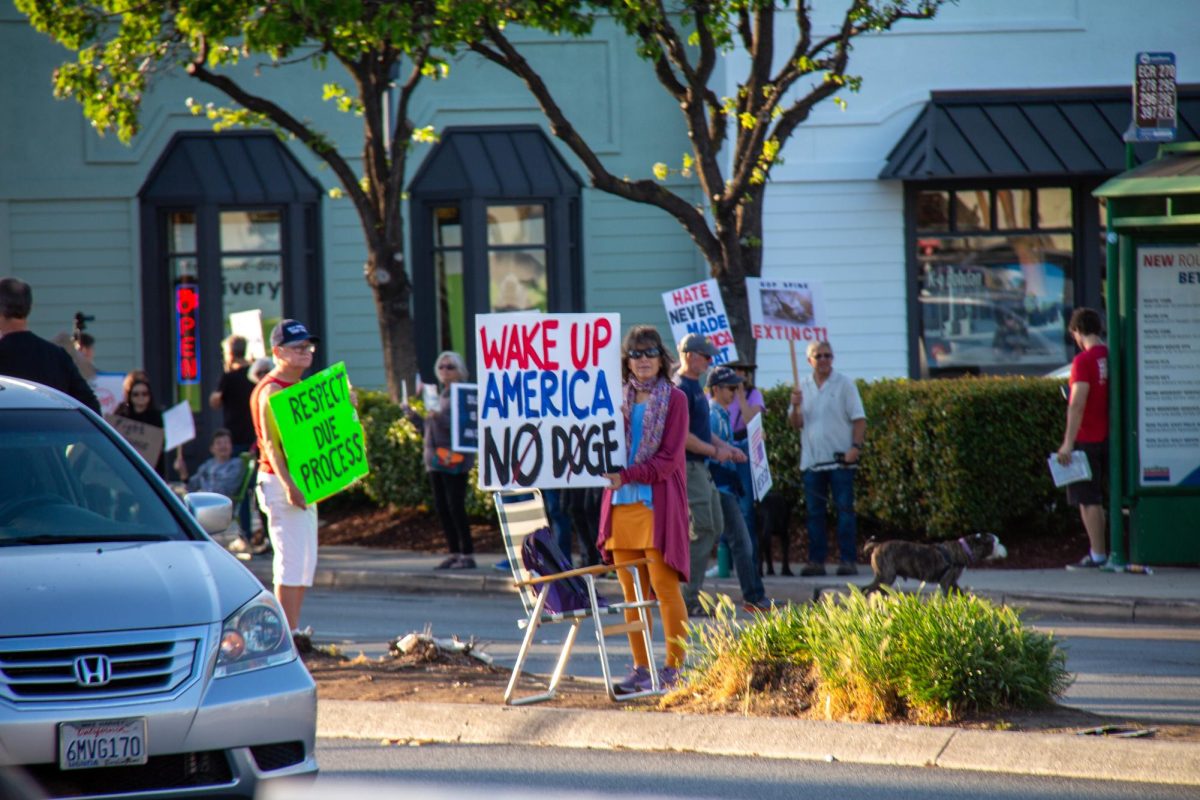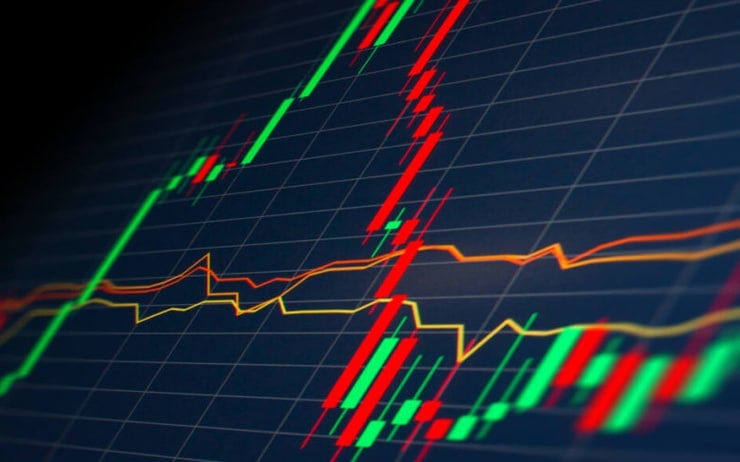During the Cold War, Europe’s political atmosphere was split into two major groupings; Communist parties adorned the governments of the Eastern Bloc, while alternations of left-wing and conservative parties dominated politics in the West. Parties such as the German Christian Democratic Union or the Dutch People’s Party for Freedom and Democracy traded places with parties such as the British Labor Party or the French Socialist Party, but none were nearly as oppressive or dictatorial as the Communist parties were in the East. The end of the Cold War brought the downfall of the Eastern Bloc, releasing Poland, Eastern Germany, Czechia, Slovakia, Hungary, and Romania into the realm of democratic elections and free speech. It was an idealistic time. However, by the early 2010s, this had changed. The Eurozone Debt Crisis had caused economic catastrophe in multiple nations, terrorist attacks rising from roughly 180 in Western Europe in 2009 to over 300 in 2015 , and refugees and immigrants began pouring into Europe.
The far-right European parties only started enjoying success in the mid-2000s. In 2017, the French Front National (National Front) and German Alternative für Deutschland (Alternative for Germany) parties enjoyed major successes in their respective nations’ elections. The National Front had nearly collapsed after 2007 French Presidential Elections, having received only 4.3% of the vote, yet made a startling revival.
Ten years later in 2017, the National Front, spearheaded by Marine Le Pen, was the second most voted-for party in the elections (scoring 21% of the vote) and also scored 33% of the vote in the subsequent run-off between Le Pen and Emmanuel Macron. The Alternative for Germany party, meanwhile, wasn’t even on the ballot ten years ago. Founded in 2012 in opposition to the Eurozone, the AfD party received only 4.7% of the vote, and no German Parliament, or Bundestag, seats, in the 2013 Federal Elections.
Four years later, in 2017, the AfD party received 12.4% of the popular vote and became the third largest political party in the Bundestag. Other major right-wing parties in Europe include the Hungarian Jobbik Party, the Freedom Party of Austria, Greek Golden Dawn Party (which has been widely seen as a Greek Nazi Party), the Swedish Sweden Democrats party, and the Dutch Party for Freedom. The Dutch Party for Freedom was founded in 2005 and became the second-largest Dutch political party by 2017, winning 20 seats of 150 in the Dutch House of Representatives in the Dutch elections. The far-right Austrian Freedom Party became the third largest political party in the Austrian legislature in their 2017 elections, getting 52 of the 183 seats to the 52 of the left-wing Social Democratic Party and 62 of the conservative Austrian People’s Party. Golden Dawn is now the third-largest political party in Greece.
Since 2009, Europe has had severe economic troubles. Loan interest rates rose rapidly in 2009 for many European Union member nations, including Italy, Greece, Spain, and Cyprus. This resulted in these nations being unable to repay all of their debts owed to foreign banks.
The European Union has attempted to alleviate the subsequent crisis by implementing programs such as the European Financial Stability Fund providing emergency loans to the nations most hurt by the rising interest rates, but these have been only partially successful. Greece’s GDP, for instance, has fallen from $354 billion in 2008 to only $194 billion in 2016, Cyprus’s from $27.8 billion to $19.8 billion in the same amount of time, according to the World Bank. The Eurozone crisis has allowed far-right wing parties to paint themselves as fiscally conservative.
The Alternative for Germany website, translated into English, claims that “Germany has to cancel the transfer union and leave the euro area.” The AfD wishes to introduce a German currency and is against “Germany liability for foreign banks.” The Dutch Freedom Party founder, Geert Wilders, has also called for the re-introduction of the Dutch Guilder, which was abolished in 2002, in place of the Euro.
The Eurozone debt crisis has been ongoing for nearly a decade. Euroscepticism – criticism and opposition to the European Union – is on the rise, with 42% of Europeans polling as wanting EU powers, such as border control or currency, returned to local governments. Almost half of the population in polled European nations are against the EU having powers it currently has, yet the current European ruling political parties, such as the German Christian Democratic Union or the Dutch People’s Party for Freedom and Democracy generally support the EU. European far-right parties are able to play to this dissatisfaction against the European Union in order to gain votes.
The major issue, however, is globalization and immigration. The issue of internal immigration into the European Union is a recent one. In the first decade of the post Cold-War world, there was relatively little talk about immigration into the European Union. The major change to this was the start of the Syrian Civil War, which, along with other conflicts in the Middle East, saw the number of refugees in Europe rise to 1.3 million refugees by 2015.
The leader of the Austrian Freedom Party, Heinz-Christian Strache, claims to fight against “the threatening and mistaken Islamification” of Austria by Muslim refugees, over 90,000 of which entered the nation in 2015 alone. Strache is now the Vice-Chancellor of Austria, and the Austrian Freedom Party the third largest in the nation.
Marine Le Pen stated in an interview with CNN that she was “opposed to a multicultural France.” “in France,” Ms. Le Pen said, “we should do like the French people do.” Ms. Le Pen also received widespread support for declaring a “War on Islamism” after a terrorist attack left a French police officer dead. She gained a third of the vote in the 2017 French presidential elections.
The AfD Party is highly anti-immigration and militaristic, gaining much of it’s support from opposition to the Syrian refugee crisis. The official party website, translated into English, asserts that “the borders must be immediately closed in order to end the unregulated massive immigration of mainly unskilled workers to our country.” The AfD is now the third-largest party in Germany, Poland, whose far-right Law and Justice Party has majorities in both the House and Senate, has outright refused to take refugees, defying the EU mandatory refugee quota in doing so.
A large part of the far-right’s success when resisting immigration are the numerous, high-publicity terrorist attacks that have occurred following the beginning of the refugee crisis. From the Charlie Hebdo attacks in France in early 2015 to the deadly Manchester suicide bombing in 2017. According to data released by the Global Terrorism Database, the number of fatal terrorist attacks in Europe are increasing, even as total terrorist attacks went down. And, after German Chancellor Angela Merkel opened Germany to refugees in 2015, the Alternative for Germany party leapt in popularity by as much as 25% in some parts of the nation, and support rose even more after early 2016 reports of sexual assault by migrants.
Indeed, almost 60% of polled Europeans are worried that the refugee crisis will lead to increased terrorist attacks, and only 40% of the Europeans surveyed voted that “having an increasing number of people of many different races, ethnic groups, and nationalities in [your] country makes this country a better place to live.”













